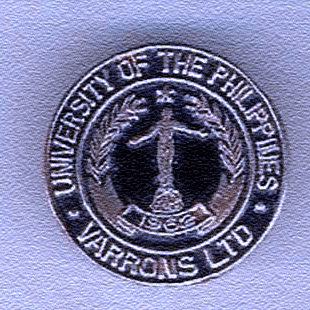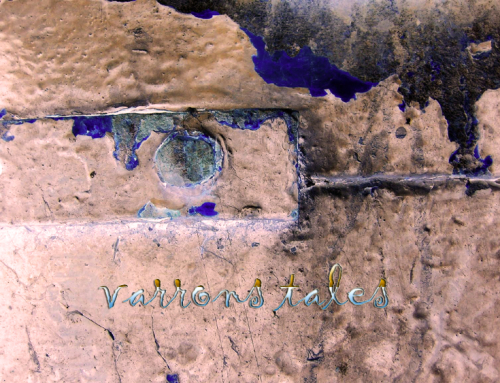Jean Loyola (Batch “Age Doesn’t Matter”) is an Associate Professor at the Institute of Mathematical Sciences and Physics, University of the Philippines Los Baños. She obtained her BS Applied Mathematics and MS Mathematics from the same university in 1986 and 1991, respectively. In 1996, she obtained her Ph.D. in Mathematics from Monash University in Australia.

Jean
Can you describe to us how you ended up in the field of theoretical mathematics?
I was a BS Forest Products Engineering student when I took Math 1 (now called Math 11) under Mr. Ben Baranuelo. He said that I have a better future in mathematics and he encouraged me to shift to the B.S. Math or Applied Math program. I guess i believed him and math has always been my favorite subject so I shifted to BS Applied Math. After graduation, I was hired as a mathematics instructor in UPLB. As a requirement, I had to take my master’s in math after a year. A year before I finished my MS Math in UPLB, our then IMSP Director nominated me to an MS-Ph.D. Mathematical Programming scholarship in Australia. I luckily got it. But when I was doing my MS thesis in Australia, the Math Department Head told me that I should be in theoretical math and not in mathematical programming. The Math Division head
In early 2005, Lawrence H. Summers, who was forced to resign as Harvard’s president the following year, sparked a controversy when he said during an academic conference that the innate differences between men and women might be one reason fewer women succeed in math and science. Do you believe that such innate difference exists? What is your reaction to the stereotype that females are disinclined to excel in the field of mathematics?
I strongly disagree with what he said. Men and women, I believe , are equally capable of succeeding in math and science. But when a mathematician, whether male or female, settles down and does not get enough support/help to raise his/her family then that’s when the problem comes in. You can not simply leave your child and household chores unattended just to do mathematics.
When you were awarded the Outstanding Young Scientist Award by the National Academy of Science and Technology in the Philippines, the citation reads that you are the only semigroup theorist in the Philippines. Is that distinction still true today? How does it feel having such distinction?
Yes but it’s no big deal really. Monash University was very strong in semigroup theory when I was a student there. The then head of the math department who encouraged me to shift to theoretical math is a semigroup theorist himself and was my Ph.D dissertation adviser. If I am the only semigroup theorist in the Philippines, it’s just because no other Filipino mathematician wants to go to that field of math.
In “plain English,” can you describe what a semigroup theorist does, the subject of your research and the mathematical questions that you are trying to answer and why they are important? Do you find it difficult to explain to a non-mathematics person what you are doing? How often do you get an “aha” moment or “now I understand” kind of response?
This is hard. A semigroup theorist just like any mathematician makes conjectures on a topic of his choice and attempts to prove them. If you succeed then the conjectures become your theorems. Otherwise, you try to look for a counter-example. If you can not find any counter-example, then the problem remains open. It should not be difficult to explain to a non-math person what I’m doing but I’m afraid that that person may not have the time to learn the basic terms and theorems in semigroup theory. But as I have believed and told my students, everything can be learned.
Mathematical conjectures are statements that appear to be true (and most likely be true) but remain to be proven. Why is there a need for a proof for conjectures? If given the opportunity, which of the mathematical conjectures would you like to pursue? And why?
Whether in math or other fields of study, one should not and can not simply believe a conjecture. A proof is necessary for one to say that a conjecture is true. With regards to mathematical conjectures that I want to pursue, I haven’t thought about it since teaching in UP has been consuming a lot of my time.
Last Updated on October 12, 2016 by Tudla_Admin
















Sis, didn’t know that you were awarded outstanding scientist. Bilib ako sayo talaga. Keep it up!